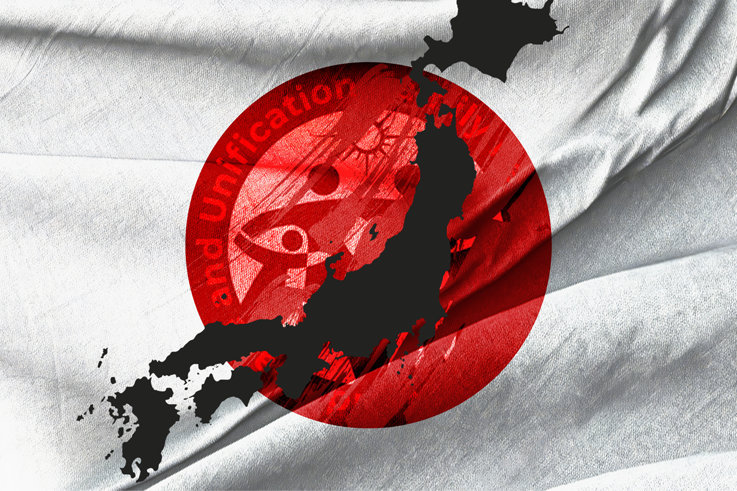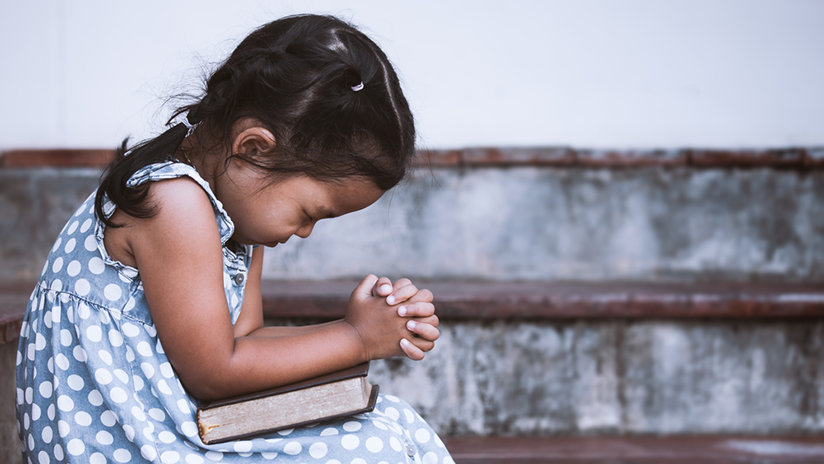
-
HOME
-
WHAT IS STANDOur Mission Our Values Our Help Contact
-
WHAT WE FIGHT FORReligious Freedom Religious Literacy Equality & Human Rights Inclusion & Respect Free Speech Responsible Journalism Corporate Accountability
-
RESOURCESExpert Studies Landmark Decisions White Papers FAQs David Miscavige Religious Freedom Resource Center Freedom of Religion & Human Rights Topic Index Priest-Penitent Privilege Islamophobia
-
HATE MONITORBiased Media Propagandists Hatemongers False Experts Hate Monitor Blog
-
NEWSROOMNews Media Watch Videos Blog
-
TAKE ACTIONCombat Hate & Discrimination Champion Freedom of Religion Demand Accountability
A Church Targeted, a Nation Tainted: Japan’s Descent into Religious Repression
Over the last 40 years, more than 4,300 members of the Unification Church in Japan have been forcibly kidnapped and subjected to physical and mental abuse (deprogrammed), to be freed only when they renounced their church. Some were required to file lawsuits against their church as proof of their renunciation and as a condition of their freedom.

Nearly all of these prospective litigants were directed to the National Network of Lawyers against Spiritual Sales, or NNLSS, a team of attorneys, pro-communists, deprogrammers and apostates formed in 1987 for the stated purpose of destroying the Unification Church. Those lawsuits have now formed the primary evidentiary basis for March’s Japanese court order that the Unification Church in Japan be dissolved and its assets liquidated and distributed to its attackers, among others.
“An entire faith is being driven underground.”
This dissolution order is unique in Japanese history, and highly unusual for any country that asserts its embrace of human rights. It targets a church which has never been charged with a crime—a church that is known to be peaceful. Indeed, Japan’s Prime Minister, Fumio Kishida, earlier stated publicly that the Unification Church could not be dissolved because it had broken no laws, but political pressure forced him to reverse his position.
The dissolution is a culmination of 40 years of Japanese authorities condoning attacks on the Unification Church. Despite the Japanese Constitution’s express prohibition against illegal detention or confinement, none of the 4,300 forcible deprogrammings have been prosecuted—even in the case of Toru Goto, a man who was kidnapped in 1995 and not released for more than 12 years. In this environment, American deprogrammers like Steve Hassan—a man who believes that the entire American populace should be deprogrammed—have flourished in Japan, allying themselves with the NNLSS and Communist China and feasting on Japan’s nonmainstream religions.
Attacks on the Unification Church escalated with the 2022 assassination of Shinzo Abe, a popular former prime minister of Japan. His murderer claimed he was still angry with the church over his family’s bankruptcy 20 years prior (a bankruptcy allegedly spawned by donations to the church), and he blamed Abe for permitting the church to operate in a favorable political environment. In the turmoil following the assassination, Hassan and others managed to shift the blame for the assassination to the church and its allies in government, most of whom soon tried to outdo each other in walking back their support. Investigations were begun, anti-Unification Church legislation was passed, and calls were made for the church’s dissolution. The Chairman of the Japanese Communist Party, Kazuo Shii, proudly announced this as “the final war against the Unification Church.”
Rev. Tomihiro Tanaka, the head of the Japanese branch of the church, said: “Our churches in Japan have been subject to death threats and threatening phone calls, abusive language blasting out of sound trucks and obstruction of assemblies, with some members of the media harassing ordinary [church] members.”
The harassment has had very real consequences. As stated by Rev. Demian Dunkley, former head of the Unification Church in the US: “Imagine your children come home from school with a colorful flyer. It tells them how to turn you in—for taking them to church.
“Our members in Japan are scared. They’re apologizing for something they didn’t do. They are worried that their families will be torn apart, and their beliefs used against them. I’ve spoken with members who are hiding their faith and with parents teaching their children not how to pray but how to stay silent at school. I’ve met young members who whisper their faith in public—not because they’re ashamed, but because they’ve been taught that silence is safety. An entire faith is being driven underground.… They’re being blacklisted—not for actions, but for affiliation.”
The United Nations Human Rights Committee has repeatedly reproved Japan for these abuses, and rightfully so. Hatred is contagious. Rwanda and Kenya have both already taken steps to restrict minority religions, citing Japan’s example.
At the start of the dissolution proceedings, 12 religious scholars and organizations from around the globe filed a formal letter of protest. That letter stated, in part: “The dissolution of the [Unification Church], a measure reminiscent of practices current in China and Russia rather than in democratic countries, is out of proportion with the charges raised against it and not consistent with the Unification Church’s law-abiding behavior. It will also open the way to similar action against other religious minorities unpopular with certain lawyers or political groups and the media.
“We urge Japanese authorities and courts not to proceed with a measure that would forever taint the image of Japan as a country committed to democratic principles.… Pressing for dissolution will align Japan with totalitarian regimes where unpopular religious minorities are ‘liquidated’ after the ground has been prepared by slanderous media campaigns.”
Haruhisa Nakagawa, a well-known Japanese theologian who, for 25 years, was an active opponent of the Unification Church, said: “The request of dissolution is based on ‘half-truths’ that are in fact ‘half-lies.’” Indeed, when asked, Japan’s prosecuting agency would not deny that it had submitted falsified witness testimony to the court, and the Unification Church was refused the usual right of cross examination of witnesses that would have exposed that false testimony. A church attorney criticized the government for not even specifying which law the group violated.
Respected sociologist and journalist Masumi Fukuda did her own digging and uncovered that Japan’s war on the Unification Church has less to do with justice and more to do with money. “There were lawyers who became rich through these cases, as did deprogrammers and Christian pastors involved in the abductions, who received substantial amounts of money from the relatives of the believers they deprogrammed.”
The Unification Church plans to appeal.









